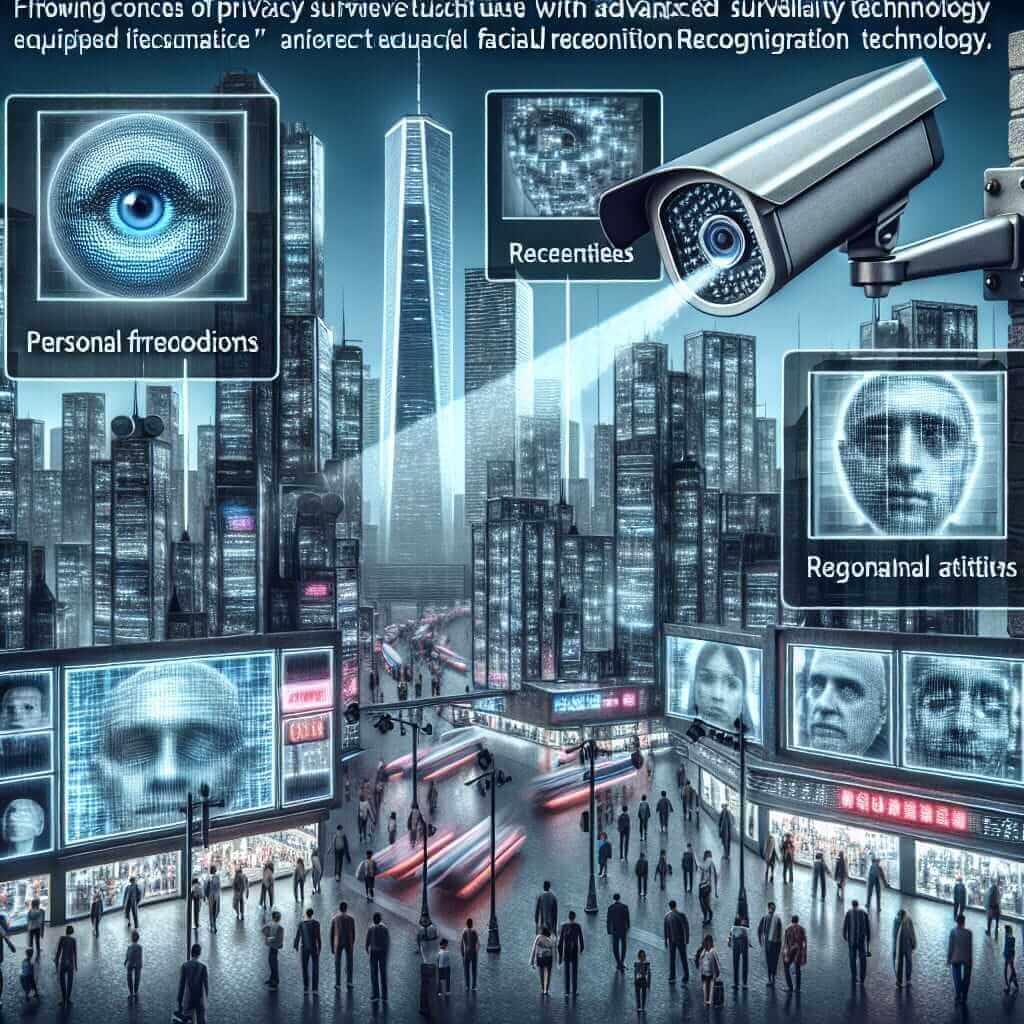The IELTS Reading test is a crucial component of the IELTS examination, assessing candidates’ ability to understand and process written English. Over the years, various topics have emerged repeatedly in the Reading tests, and one such topic is “The Ethical Implications of Biometric Data Collection.” This subject is not only timely and relevant due to the increasing use of biometric technologies but also intriguing due to the ethical questions it raises.
Biometric data collection involves gathering unique physical or behavioral characteristics such as fingerprints, facial recognition, and iris scans. While these technologies offer enhanced security and convenience, they also pose significant ethical challenges. Understanding these implications is essential, not just for those preparing for the IELTS, but for anyone navigating the modern world.
Reading Passage: Biometric Data Collection
Biometric Data: Promise and Peril
Biometric data collection refers to the process of gathering unique identifiers such as fingerprints, facial recognition patterns, and iris scans. These technologies promise to revolutionize security, making it more difficult for unauthorized individuals to gain access to secured information or locations. However, the collection and storage of biometric data raise several ethical concerns.
One of the primary ethical implications is privacy. Biometric data is inherently personal and sensitive. Unlike a password, which can be changed if compromised, biometric data is permanent. Thus, if an individual’s biometric data is leaked or hacked, it can lead to irrevocable privacy breaches. Furthermore, there is the issue of consent. In many cases, individuals are required to provide their biometric data without a full understanding of how it will be used or stored. This lack of informed consent can lead to exploitation and abuse.
Additionally, there is the risk of surveillance and coercion. Governments and corporations may use biometric data to monitor and control populations. For example, facial recognition technology can be used to track individuals’ movements, thereby infringing on their personal freedoms. In authoritarian regimes, this capability can be especially dangerous, leading to widespread surveillance and oppression.

Another concern is the potential for discrimination. Biometric systems are not infallible and can be prone to errors. For instance, facial recognition technologies have been shown to have higher error rates for people of color and women, leading to unfair treatment and biases in various applications such as law enforcement and employment.
Legal and Ethical Frameworks
The ethical implications of biometric data collection necessitate robust legal and ethical frameworks to ensure its responsible use. Current legislation varies significantly across countries, with some having comprehensive data protection laws, while others lack sufficient regulations. Ethical guidelines should include principles such as transparency, data minimization, and accountability to safeguard individuals’ rights.
In conclusion, while biometric data collection offers significant benefits in terms of security and efficiency, it also presents various ethical challenges. Balancing these benefits and risks requires a thoughtful approach that includes robust ethical and legal frameworks to protect individual rights.
Questions: Biometric Data Collection
Multiple Choice
-
What is one of the primary ethical concerns associated with biometric data collection?
- A. Increased convenience
- B. Irrevocable privacy breaches
- C. Enhanced security
- D. Improved accuracy
-
How can biometric data collection lead to discrimination?
- A. By being more accurate for all demographics
- B. By having higher error rates for certain groups
- C. By reducing the need for passwords
- D. By equally affecting all individuals
-
Which principle is essential in ethical guidelines for biometric data collection?
- A. Data enhancement
- B. Accountability
- C. Password protection
- D. Increased surveillance
True/False/Not Given
-
Biometric data can be easily changed if it is compromised.
- A. True
- B. False
- C. Not Given
-
Facial recognition technology is never used for population surveillance.
- A. True
- B. False
- C. Not Given
Matching Headings
-
Match each paragraph with the correct heading.
i. Introduction to Biometric Data Collection
ii. Ethical Concerns in Privacy and Consent
iii. Risks of Surveillance and Discrimination
iv. Need for Ethical and Legal Frameworks
Answers
- B – Irrevocable privacy breaches
- B – By having higher error rates for certain groups
- B – Accountability
- B – False
- B – False
- Paragraph 1: i, Paragraph 2: ii, Paragraph 3: iii, Paragraph 4: iv
Common Mistakes and Tips
Common Mistakes
- Misunderstanding Keywords: Many candidates struggle with identifying key terms related to privacy, consent, and surveillance.
- Confusing Headings: Matching headings often confounds students. Practice recognizing the main idea of each paragraph.
Tips
- Scan for Keywords: Learn to quickly identify and understand key terms.
- Practice Skimming: Efficient skimming techniques help save time.
- Understand Context: Grasp the overall theme of the paragraph to make better guesses in matching headings.
Vocabulary
- Biometric (noun): /ˌbaɪ.oʊˈmɛtrɪk/ – The measurement and statistical analysis of people’s unique physical and behavioral characteristics.
- Surveillance (noun): /sərˈveɪləns/ – Close observation, especially of a suspected spy or criminal.
- Consent (noun): /kənˈsɛnt/ – Permission for something to happen or agreement to do something.
- Informed (adjective): /ɪnˈfɔrmd/ – Having or showing knowledge of a particular subject or situation.
- Discrimination (noun): /dɪˌskrɪməˈneɪʃən/ – Unjust treatment of different categories of people.
Grammar
- Passive Voice: Frequently used in formal writing to emphasize the action rather than the subject.
- Example: “Biometric data is collected from individuals.”
- Modal Verbs: Used to indicate probability, permission, or obligation.
- Example: “Governments may use biometric data.”
Advice for High Reading Scores
- Practise Regularly: Consistent practice with diverse topics.
- Improve Skimming and Scanning: These techniques save valuable time.
- Build Vocabulary: Enhance your understanding of complex topics by learning new words.
- Read Widely: Develop a habit of reading various types of texts.